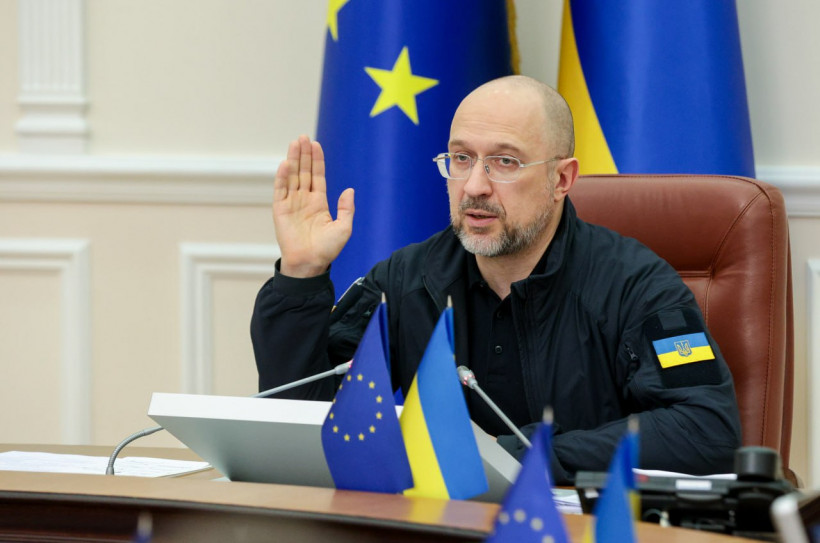Ukraine and Slovakia have agreed to work promptly on removing unilateral restrictions imposed on Ukrainian agricultural products. This announcement was made by the Ukrainian Prime Minister, Denys Shmyhal.
During recent discussions, the two nations committed to a systematic review of their existing agreements pertaining to financial, technical, and economic cooperation, as well as social protection by the middle of next year. A key focus of these revisions will be the swift elimination of the unilateral restrictions affecting Ukrainian agricultural exports. This agreement between Ukraine and Slovakia signifies a crucial step towards resolving tensions and fostering a more cooperative and mutually beneficial economic relationship.
The move comes in the wake of concerns raised by several EU countries regarding the impact of Ukrainian grain on their local markets. In September 2023, Poland, Slovakia, and Hungary had introduced import restrictions on Ukrainian grain following the European Commission’s decision not to extend the import ban to five of Ukraine’s neighboring EU countries. The agricultural ministers of Bulgaria, Poland, Romania, Slovakia, and Hungary had previously appealed to the European Commission, demanding the imposition of import duties on Ukrainian grain.
The dispute over Ukrainian agricultural exports to Slovakia and other Central European countries is deeply rooted in economic concerns and the broader political dynamics within the European Union. In May 2023, the European Commission implemented a temporary ban on certain Ukrainian agricultural products to avoid market distortions following unilateral restrictions by Poland, Hungary, Slovakia, Romania, and Bulgaria. This was described by some as a form of “blackmail” against the European Commission.
Poland, Hungary, and Slovakia argued that the influx of cheaper Ukrainian grain was harming their local agricultural markets due to its competitive pricing. As a result, despite the European Commission lifting its ban in September 2023, these countries extended their unilateral restrictions. For instance, Slovakia banned imports of Ukrainian wheat, corn, canola, and sunflower seeds until the end of the year to shield local farmers from market pressures.
The situation escalated when Ukraine announced plans to challenge these bans at the World Trade Organization (WTO), arguing that the restrictions were legally questionable and economically harmful to its war-stricken economy. Ukraine’s stance is that these measures by neighboring countries not only contravene EU rules of a single market but also the association agreement between Ukraine and the EU which advocates for free trade.
Moreover, the conflict highlights a broader systemic issue within the EU, where individual member states’ actions can sometimes clash with collective EU policies, reflecting internal divisions over how to balance national interests with commitments to EU principles.
This ongoing conflict underscores the complexity of integrating Ukraine into the European agricultural market, particularly as the country seeks closer ties with the EU amid ongoing regional tensions and economic challenges.
While Fico’s government has halted state-sponsored military aid and expressed opposition to Ukraine’s NATO membership, citing it could provoke a global conflict, there are indications of continuing support in other forms. For instance, Slovakia has engaged in joint defense production initiatives with Ukraine, specifically in areas like ammunition production and the development of military technologies such as the Bohdana howitzer and demining systems.
Moreover, Slovakia has committed to backing the EU’s substantial financial aid package for Ukraine, even though Hungary vetoed this initiative. This support comes amidst Fico’s assurances.
Related:
- Thousands of Slovakians came out against government’s pro-Russian policies
- Slovakia, Hungary support Ukraine through defense
- PM Shmyhal: Slovakia to support EUR 50 billion Ukraine Facility, vetoed by Hungary
- Slovakia’s President Čaputová calls on allies to send Ukraine more air defense systems

